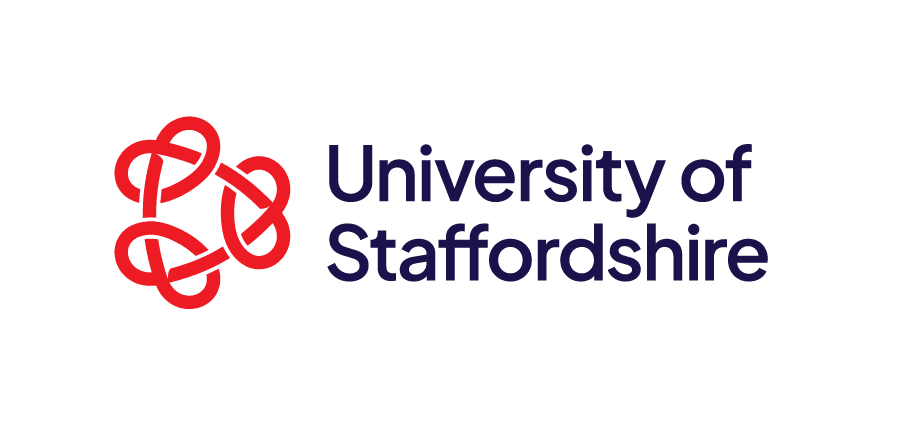Step into the exciting world of Artificial Intelligence and become a leader in this transformative field. Whether your passion is machine learning, data science, natural language processing, or computer vision, our BSc (Hons) Artificial Intelligence degree is designed to prepare you for a future at the forefront of AI innovation.
This program blends a strong theoretical foundation with hands-on learning and industry-relevant applications, empowering you to tackle real-world challenges with AI-driven solutions. Over three years, you’ll explore cutting-edge technologies, build essential skills, and specialize in the areas that align with your career ambitions.
Year 1: Building the Foundations of AI: Your first year introduces you to the core principles of Artificial Intelligence and related fields, giving you a strong foundation for success.
Year 2: Developing Advanced Skills: In your second year, you’ll deepen your expertise and tailor your learning to your interests and career goals.
Final Year: Specialization and Research: In your final year, you’ll focus on advanced topics and showcase your expertise through a dissertation project.
On successful completion of the BSc (Hons) in Artificial Intelligence, you’ll receive a globally recognized degree from Staffordshire University, ready to make a mark in one of the fastest growing and most impactful fields in technology.




































